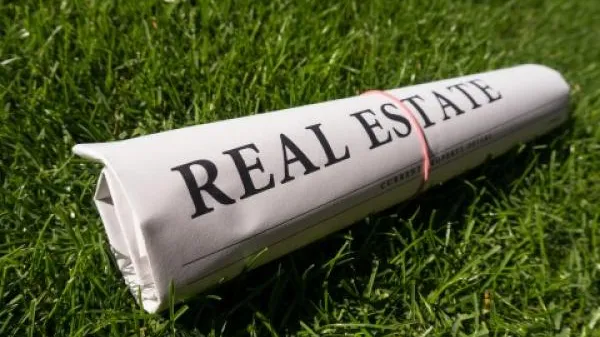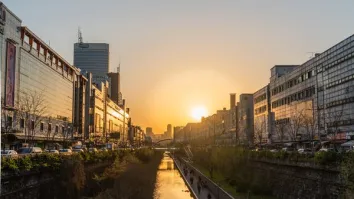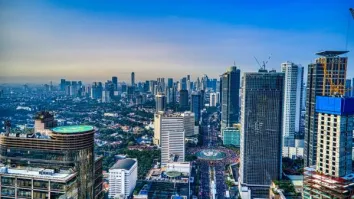
Why the real estate sector is a crucial player in APAC’s sustainability efforts
39% of global carbon emissions come from building and construction.
Climate change is an issue concerning all major business sectors, including real estate. UN’s Intergovernmental Panel on Climate Change (IPCC) released an assessment recently and it’s about time the property sector steps up to address climate change.
In its recently released report titled Climate Risk in Asia Pacific: Real (E)state of Emergency, Cushman & Wakefield looks at the current state of climate risks and these impacts on real estate, market drivers and pathways to meaningful climate action in the region, as well as how property firms can navigate their journeys of lower emissions and climate risk management.
The Sixth Assessment Report (AR6) of the UN’s IPCC released in August 2021 highlighted worsening climate change, imploring for more rapid reduction of carbon emissions to avoid potentially catastrophic impacts to the planet. The UN labelled the report a ‘code red’ and climate experts said it had effectively brought forward the risks that were forecast to arrive in 30 years, to just 10 years.
“What the AR6 has told us is that extreme weather events and accompanying regulation and litigation are going to happen significantly sooner than we had anticipated, and that’s a wake-up call,” said Rebecca Jinks, Head of Sustainability, Australia at Cushman & Wakefield. “While the report said that global warming of at least 1.5 degrees Celsius is inevitable, if the world moves to rapidly cut emissions and achieve net zero by 2050, this can limit further global warming.”
According to the report, the built environment demands around 40% of the world’s extracted materials, while waste from demolition and construction represents the largest single waste stream in many countries. Building and construction are responsible for 39% of global carbon emissions, with operational emissions accounting for 28%. The remaining 11% comes from embodied carbon emissions, or upfront carbon that is associated with materials and construction processes throughout the building lifecycle and value chain. Reducing carbon emissions associated with the property industry is therefore crucial throughout the property’s life cycle from the initial planning and investment, to building operations, refurbishment and final demolition.
There is further impetus for the property industry in Asia Pacific to act as many of the world’s most emissions-intensive economies reside in this region. Governments and the private sector across Asia Pacific are also moving to mitigate the cause and effect of climate change, with the property industry traversing this divide.
The financial and non-financial risks of climate change are also sharply rising which is driving demand for sustainability due diligence and mitigation planning among real estate investors. While new buildings generally perform higher on sustainability metrics, most buildings in Asia Pacific economies are ageing. However, it takes fewer emissions to upgrade existing stock which presents significant overall emissions reduction opportunities.
Regulatory changes and global frameworks are being adopted at pace across the region to support country-level net zero ambitions and societal expectations. These are playing an increasing role in shaping project development decisions, contracting, and partnering opportunities. For instance, green financing of commercial property linkage to sustainability outcomes is growing in popularity in Asia Pacific.
In Australia, The Commonwealth Bank in September announced new loan incentives if the debts were used to pay for major energy efficiency upgrades. In India, finance is also being discounted for green building projects and loans are being fast-tracked. This trend is increasing across the region, with Refinitiv data showing that in the Asia Pacific, green, social and sustainable and sustainability-linked lending in the first half of 2021 had already surpassed the total volume in 2020.
While properties and the built environment contribute significantly to carbon emissions and climate change, they are also directly susceptible to it. This means that strategies to reduce property-related emissions are vitally important on one side, as we are also protecting against associated physical asset and market-side risks.



















 Advertise
Advertise





